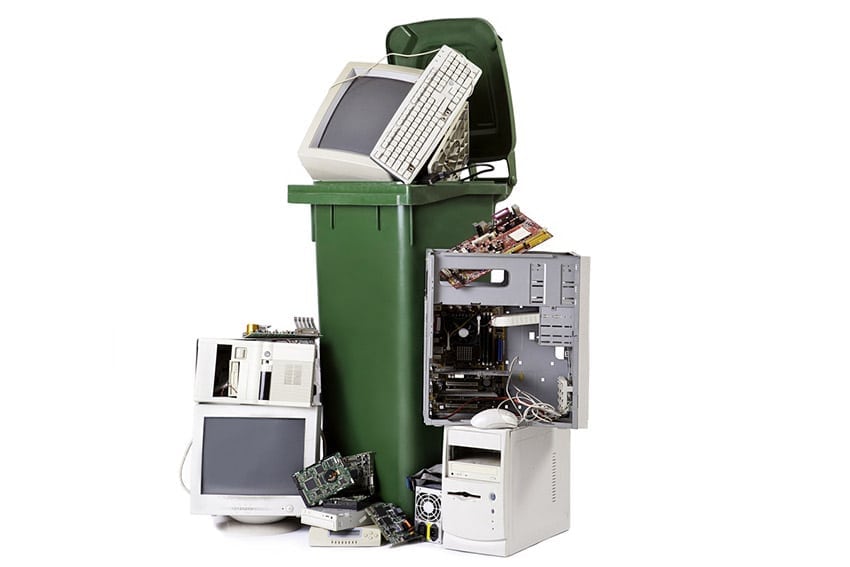
Industry analyst David Daoud sees the current ITAD landscape as a mixed bag, with many ITAD operators reporting increased revenue but device markets still showing slow sales of new electronics. | Boscorelli/Shutterstock
Editor’s note: E-Scrap News and consulting firm Compliance Standards are collaborating on a quarterly ITAD industry markets survey. This analysis, from Compliance Standards analyst David Daoud, explores early takeaways from the third-quarter survey, which remains open for contributions. Continue Reading










 The e-Trash Transparency Project from Basel Action Network has, once again, opened American and Chinese eyes to the horror show of America’s global electronic waste dumping.
The e-Trash Transparency Project from Basel Action Network has, once again, opened American and Chinese eyes to the horror show of America’s global electronic waste dumping.